Commercial Property Adjuster: Full Support for Office Buildings and Business Complexes
.svg)
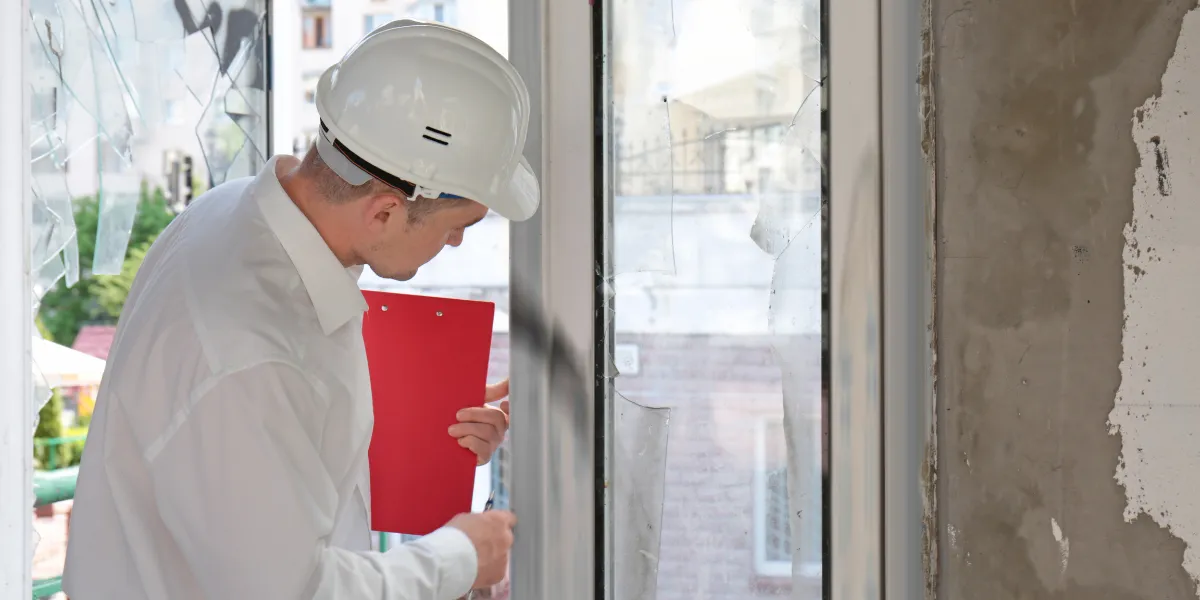
Why Businesses Rely on a Commercial Property Adjuster After Major Damage
Commercial buildings operate like ecosystems—every part depends on something else. When damage strikes, it rarely affects just one area. A small electrical failure can shut down elevators, security systems, lighting, or HVAC. A roof leak can spread into multiple floors, affecting tenants, IT rooms, and shared spaces. Fire or smoke damage can travel through ventilation and contaminate entire wings of the building.
Most business owners assume insurance will handle these events smoothly. But commercial claims are some of the most challenging and time-consuming in the insurance world. Insurers often break the damage into categories and question each one separately. They may dispute repair costs, reduce replacement value, or argue that certain areas fall under “tenant responsibility,” not the building owner’s policy. These tactics can delay the claim and drastically reduce the final settlement.
A commercial property adjuster protects the owner from these pitfalls. Instead of relying on the insurer’s limited assessment, the adjuster evaluates the damage independently, documents the full scope, and presents the claim in a way that maximizes coverage. This is especially important when multiple tenants are affected, when building systems require immediate restoration, or when downtime threatens revenue and lease agreements.
With professional support, owners gain control, clarity, and leverage—three things the insurer hopes you won’t have.
How a Commercial Property Adjuster Identifies Damage Insurers Commonly Miss
Commercial damage often extends far beyond what can be seen during a quick walkthrough. Insurance adjusters working for the carrier typically focus on visible damage, which means many underlying problems are ignored or underreported. A commercial property adjuster goes deeper, analyzing how the incident affected the building’s structure, safety systems, and long-term viability.
For example, smoke can settle into porous materials, ducts, carpets, and ceiling tiles. If not properly treated, it leads to odors, degradation, and equipment malfunction. Water from a burst pipe may appear to dry on the surface but remain trapped behind walls, inside floor systems, and around electrical conduits. Even minor roof damage can destabilize insulation, introduce moisture, or compromise interior temperature regulation.
Professionals evaluate how each part of the building interacts with the others—something insurance carriers rarely take into account. Instead of isolating damage to one zone, they determine how the entire building was affected, which often reveals a much larger and more accurate scope of loss.
They also understand how disruptions affect tenants. When an office becomes unusable, businesses lose productivity, clients, and revenue. These operational impacts align with policy coverage, but insurers rarely volunteer this information. A commercial property adjuster ensures the claim includes both physical damage and tenant-related consequences when applicable.
How Specialists Strengthen Documentation and Improve the Final Settlement
In commercial claims, documentation is everything. Insurance companies scrutinize each detail, looking for inconsistencies or missing information to justify reducing costs. If the claim lacks structure, clarity, or proper evidence, the insurer will use that to its advantage.
A commercial property adjuster prepares a professionally organized claim package that includes:
• A verified cause of loss
• Full mapping of structural, mechanical, and environmental damage
• Repair and replacement estimates aligned with local market rates
• Code compliance requirements necessary to restore the building safely
Ovo je jedna jedina lista — sve ostalo je narativ, kako si tražio.
The adjuster’s role is to present the claim in a way that cannot be easily minimized or disputed. They counter insurance company reports with independent findings, ensure every line item is justified, and negotiate firmly using documented evidence. This eliminates vague arguments and forces the insurer to address the real costs of the loss.
Professionals also protect owners from signing premature agreements or accepting partial settlements that do not reflect the full scope of repairs. With the right adjuster guiding the process, the final settlement is more accurate, more complete, and far more favorable for the building owner.
Why Commercial Claims Get Delayed — And How Proper Guidance Keeps Them Moving
Delays are common in commercial property claims, often caused by requests for additional documents, scheduling conflicts, unclear engineering reports, or disagreements over the necessity of certain repairs. Some insurers use delays as a negotiation tactic, hoping the property owner will settle for less to speed up the process.
A commercial property adjuster prevents these obstacles by staying ahead of the insurer’s demands. They provide documentation proactively, clarify technical issues before they become disputes, and ensure that communication stays organized and consistent. This reduces friction at every step of the claim process.
When the insurer challenges the timeline, the adjuster demonstrates why specific repairs must occur in a certain order. When the carrier questions operational downtime, the adjuster explains how building systems interact and why tenants cannot safely return until repairs are complete. Every challenge is met with facts, data, and technical clarity.
This structured approach gives owners confidence, reduces stress, and accelerates the path to full recovery.
Conclusion
A commercial property adjuster is one of the most valuable resources owners can rely on after damage to an office building or business complex. With deep knowledge of commercial systems, operational requirements, and insurance policy language, adjusters ensure the claim is properly presented, thoroughly documented, and aggressively negotiated.
Instead of navigating the insurance process alone—and risking underpayment or delays—property owners gain an expert advocate focused entirely on restoring the building and protecting long-term financial stability. With the right support, the insurance claim becomes an organized, strategic process rather than a stressful obstacle. The result is a fair settlement, faster repairs, and renewed confidence for both owners and tenants.



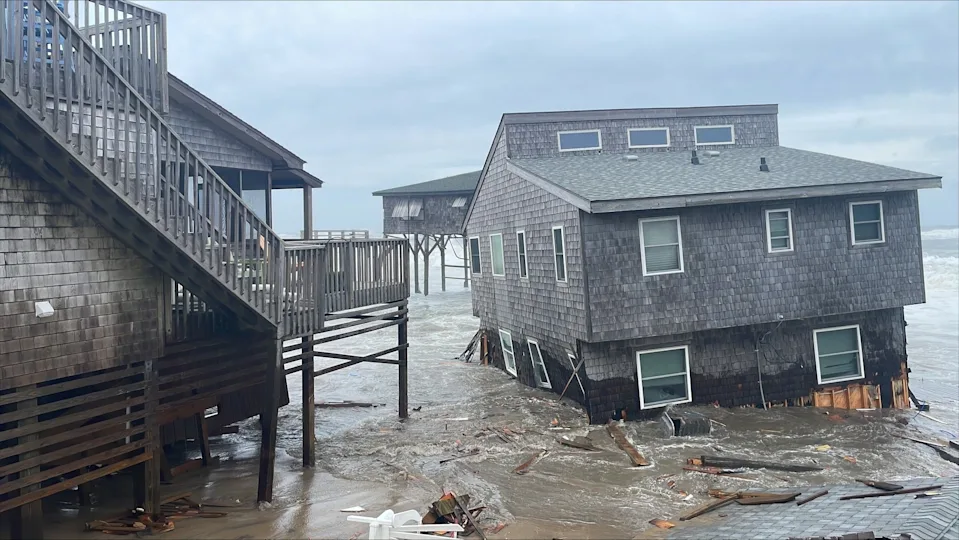
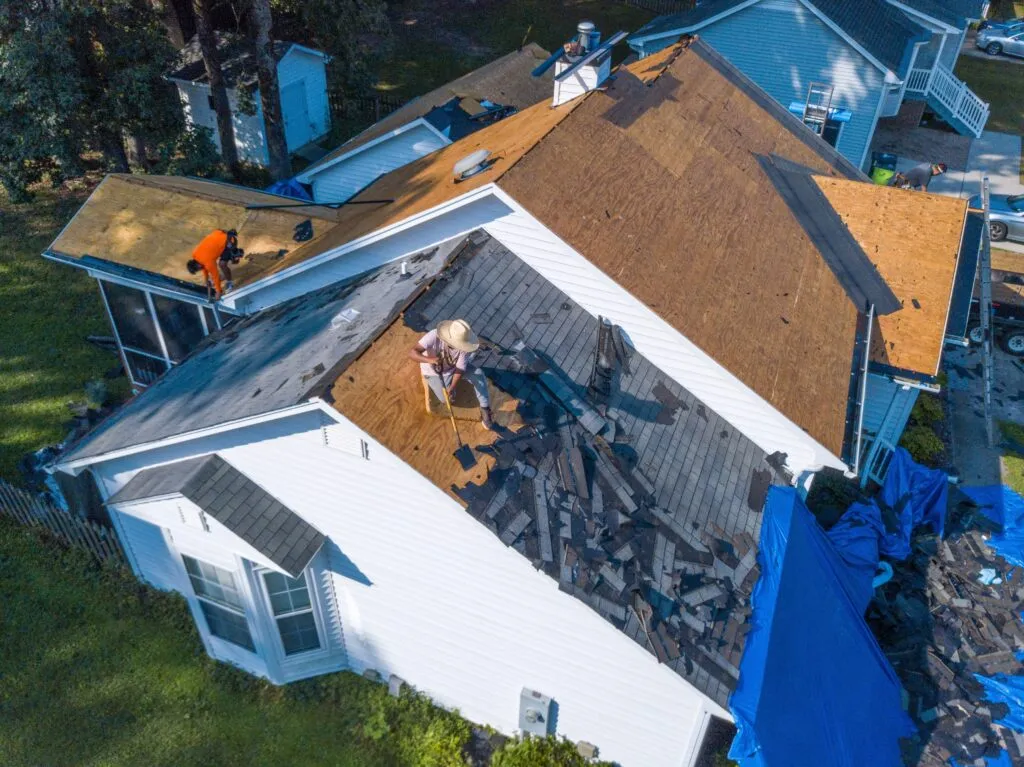

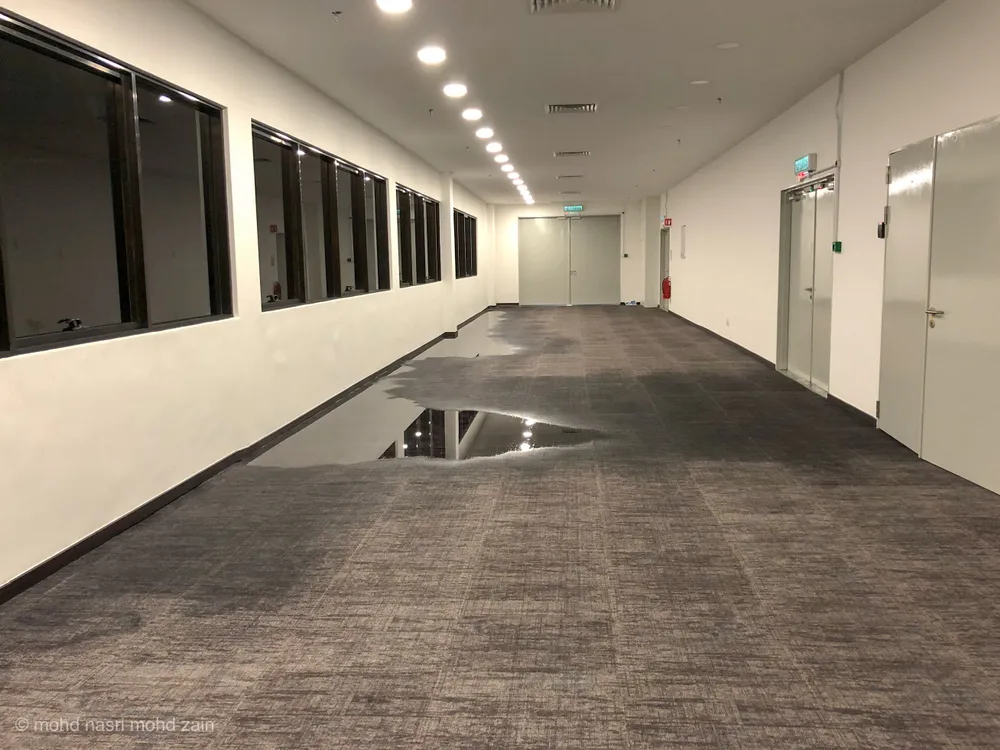
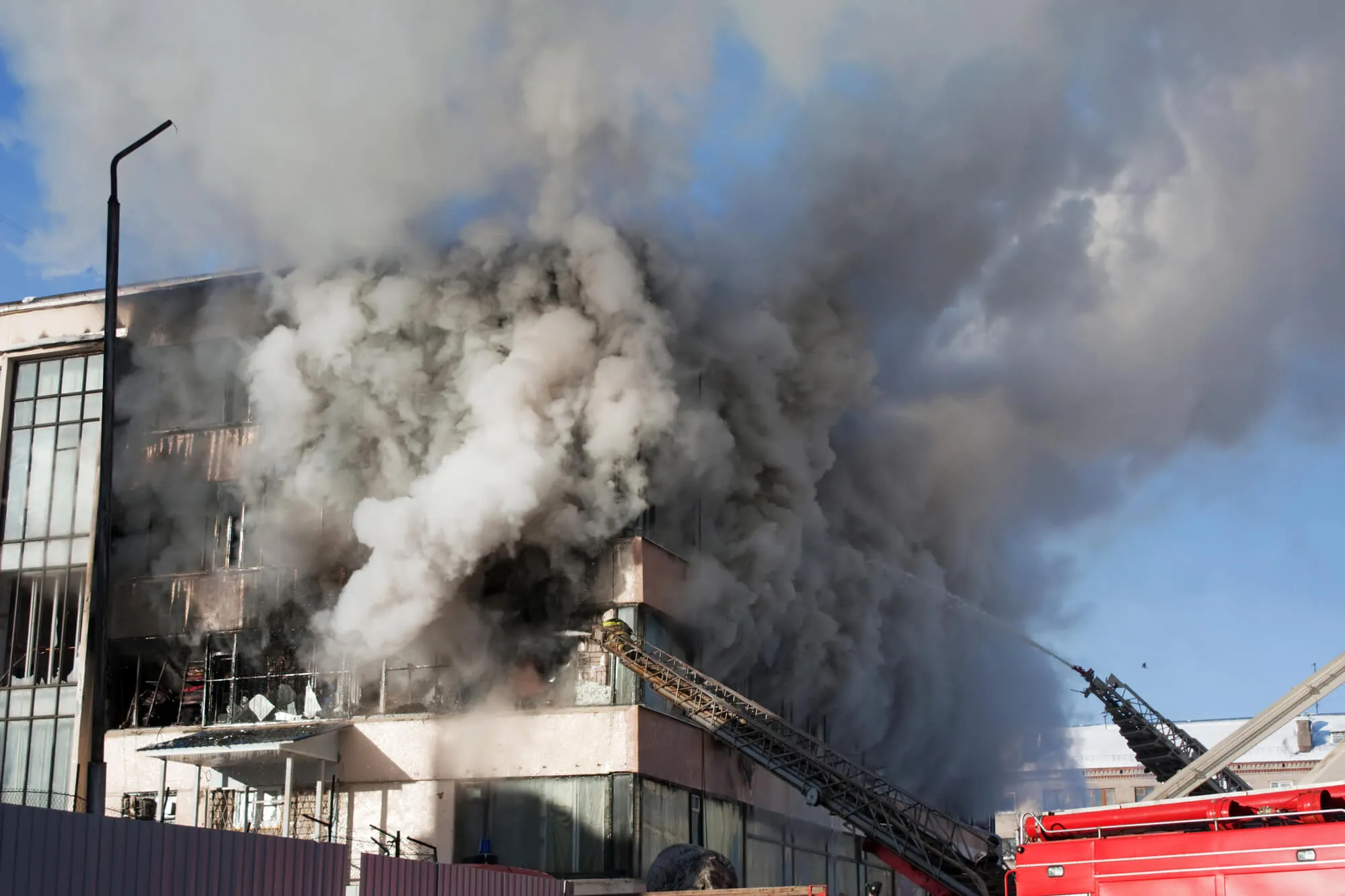
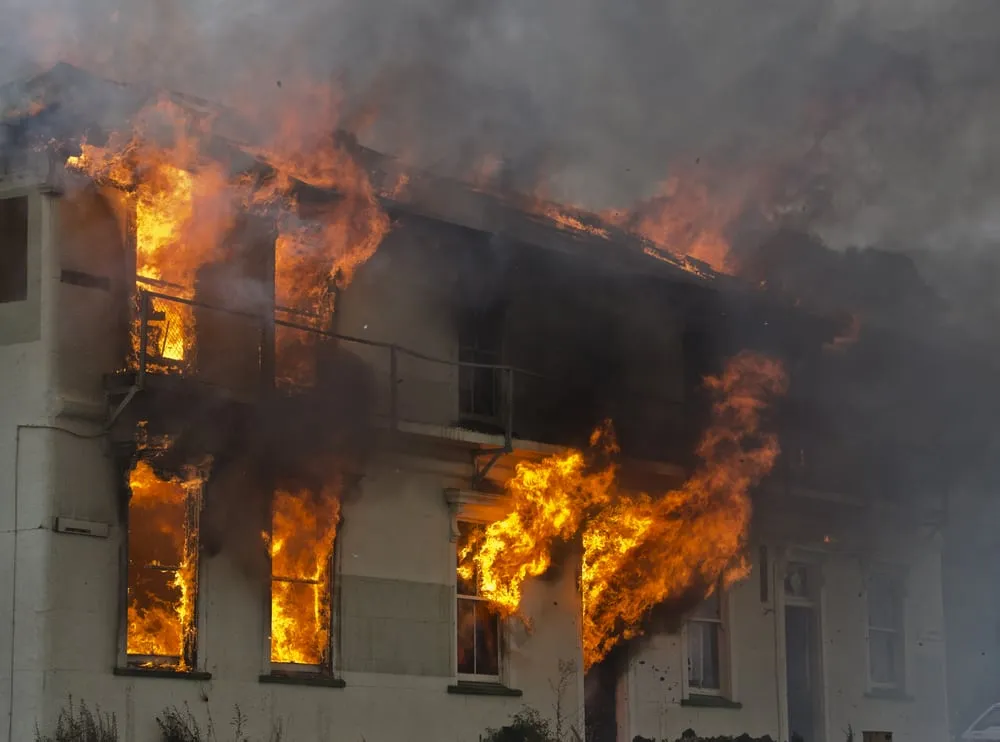
.svg)